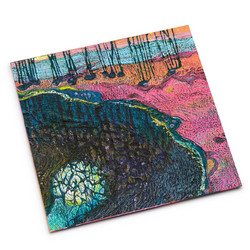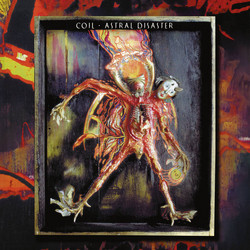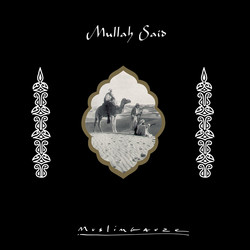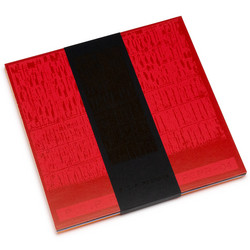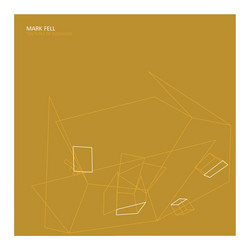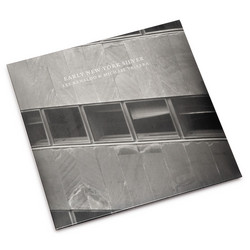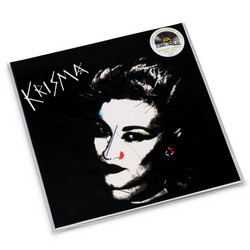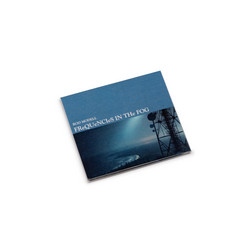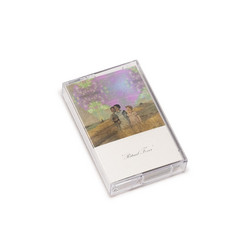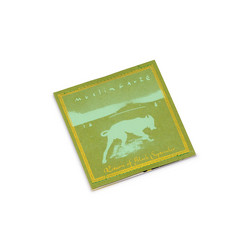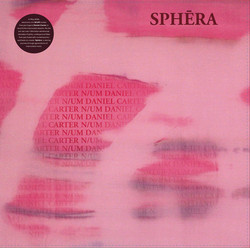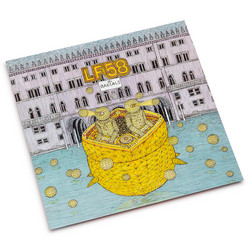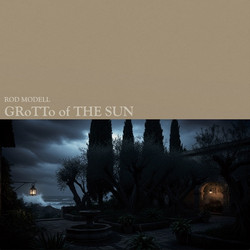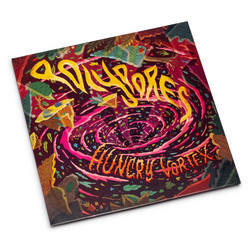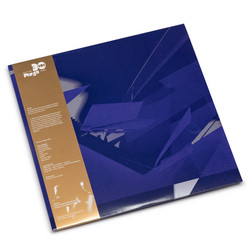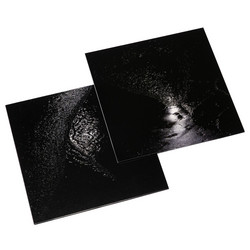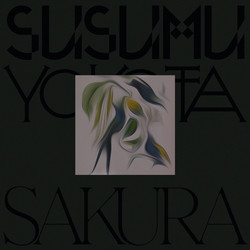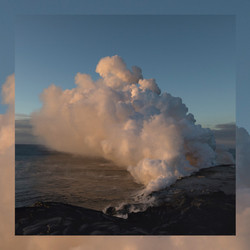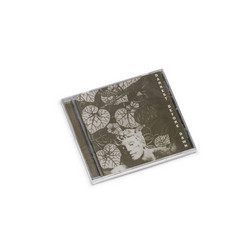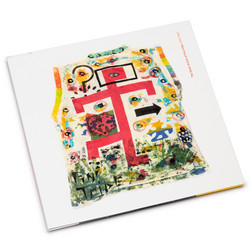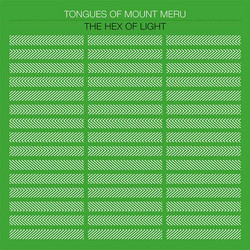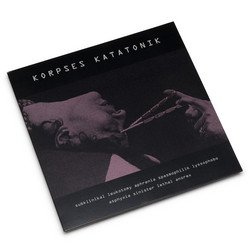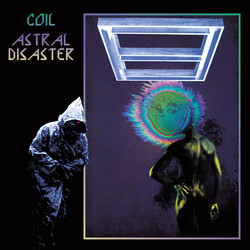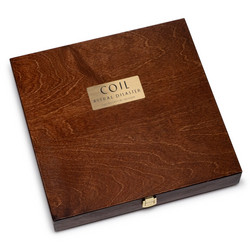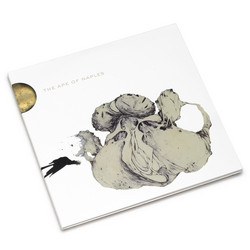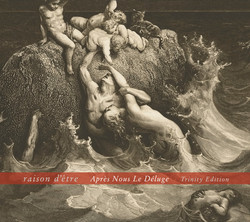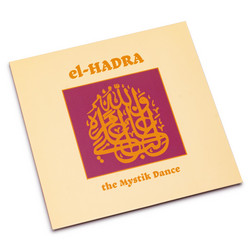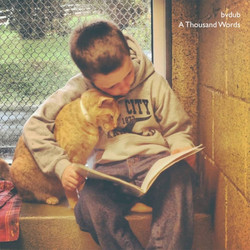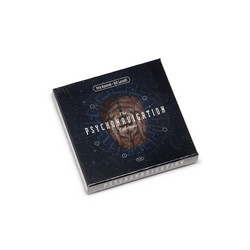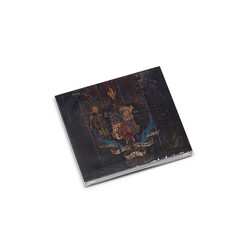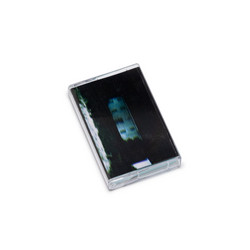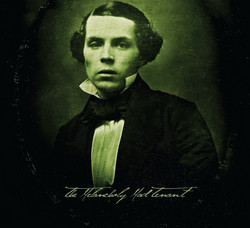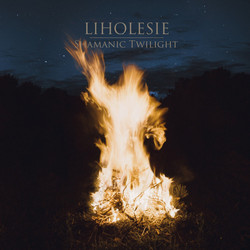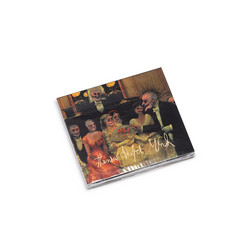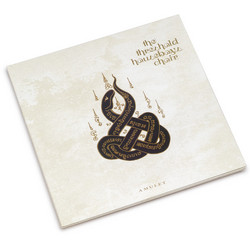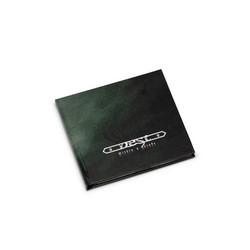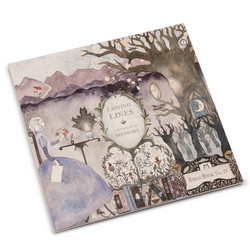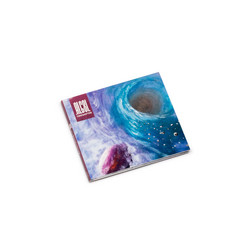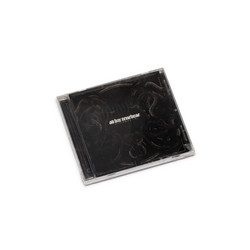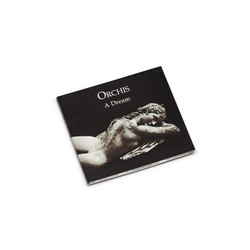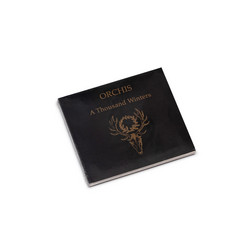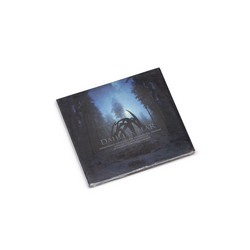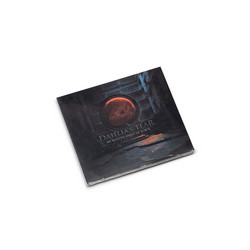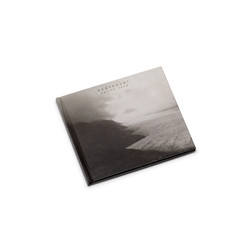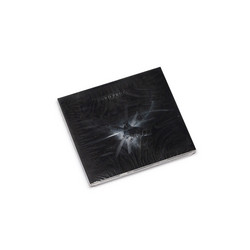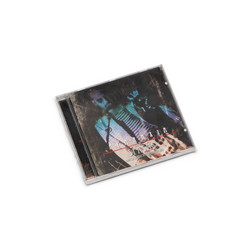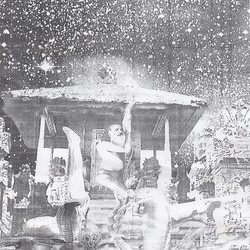Korpses Katatonik
Subklinikal Leukotomy Aphrenia ... (LP, Violet)
Violet Vinyl Edition. 40th-anniversary edition. Korpses Katatonik was a musical solo project of Zoe DeWitt during the years 1982 and 1983. Unlike DeWitt's later project Zero Kama, the work of Korpses Katatonik remains entirely within the realm of electronic music and shows an uncompromising experimental style comparable to that of other industrial bands like Coil, Throbbing Gristle, SPK, or Cabaret Voltaire. Like many other exponents of industrial culture Korpses Katatonik was inspired by dark psychiatry, pathological abnormalism, necrophilia, and other types of paraphilic aberration. These served as a metaphor for the dark side of a dehumanized society that seeks to maintain control by the suppression of anything that could be regarded as dark, sinister, deviant, or unpleasant from the viewpoint of popular mass culture. As a means of escape from this totalitarian pressure - thus a statement by Korpses Katatonik - there remains only self-destruction, murder, or the withdrawal into catatonic schizophrenia.
Korpses Katatonik's first release was a Nekrophile Rekords cassette entitled subklinikal leukotomy aphrenia spasmophiik lyssophobo asphyxia sinister lethal anorex. The titles on the album were: shatok, schmertzlabor, enzephallik mortuor, nekom, kcok transzlant, kaltfleisch corporor, skarzisko and okzipital slash. The terminology of psychopathological disorders was used by Korpses Katatonik in a subversive way for its own poetic value and many of the rare vocals and track titles (as for example shatok, enzephallik mortuor and kaltfleisch corporor) were taken from writings of patients of Viennas famous psychiatrist hospital in Maria Gugging (dissolved in 2007). The title skarzisko refers to a national socialist concentration camp in the polish town Skarżysko-Kamienna.
The upcoming influence of occultism within the postindustrial underground of the 1980s is finally reflected in the last track of Korpses Katatonik, Choronzon, which was published on the Nekrophile cassette compilation The Beast 666. This track, which refers to a ritual performed by Aleister Crowley and Victor Neuburg in the desert Sahara in 1909, anticipates the strong occult implications of Zoe DeWitt's musical follow-up project Zero Kama.
In 2012 all recorded tracks by Korpses Katatonik have been released under the title Oeuvres complètes by the Viennese label Klanggalerie. Currently, the remastered album is reissued on IFP on VINYL, CD, TAPE, and ultra-limited collectors box.
Recorded in 1982 by Michael Zoe Dewitt (synth, guitar, voice, tape loops) and mixed at the Institute for Composition and Electroacoustics at the University for Music and Performing Arts Vienna (Wiener Konzerthaus studios). First published as audio cassette NRC01 on Nekrophile Rekords in 1983. Remastered by Zoe Dewitt for Infinite Fog Records in 2022.
40th-anniversary edition.
